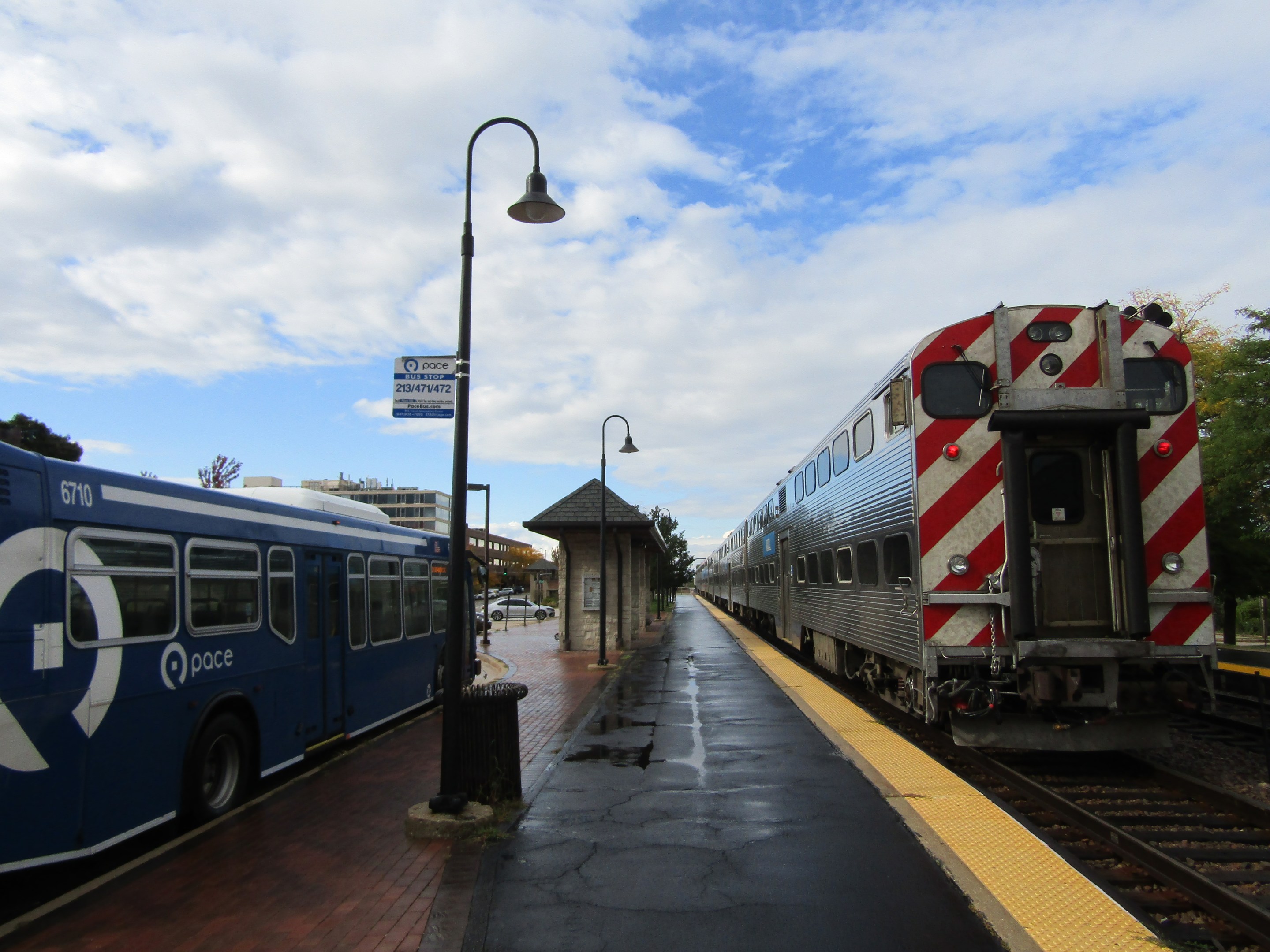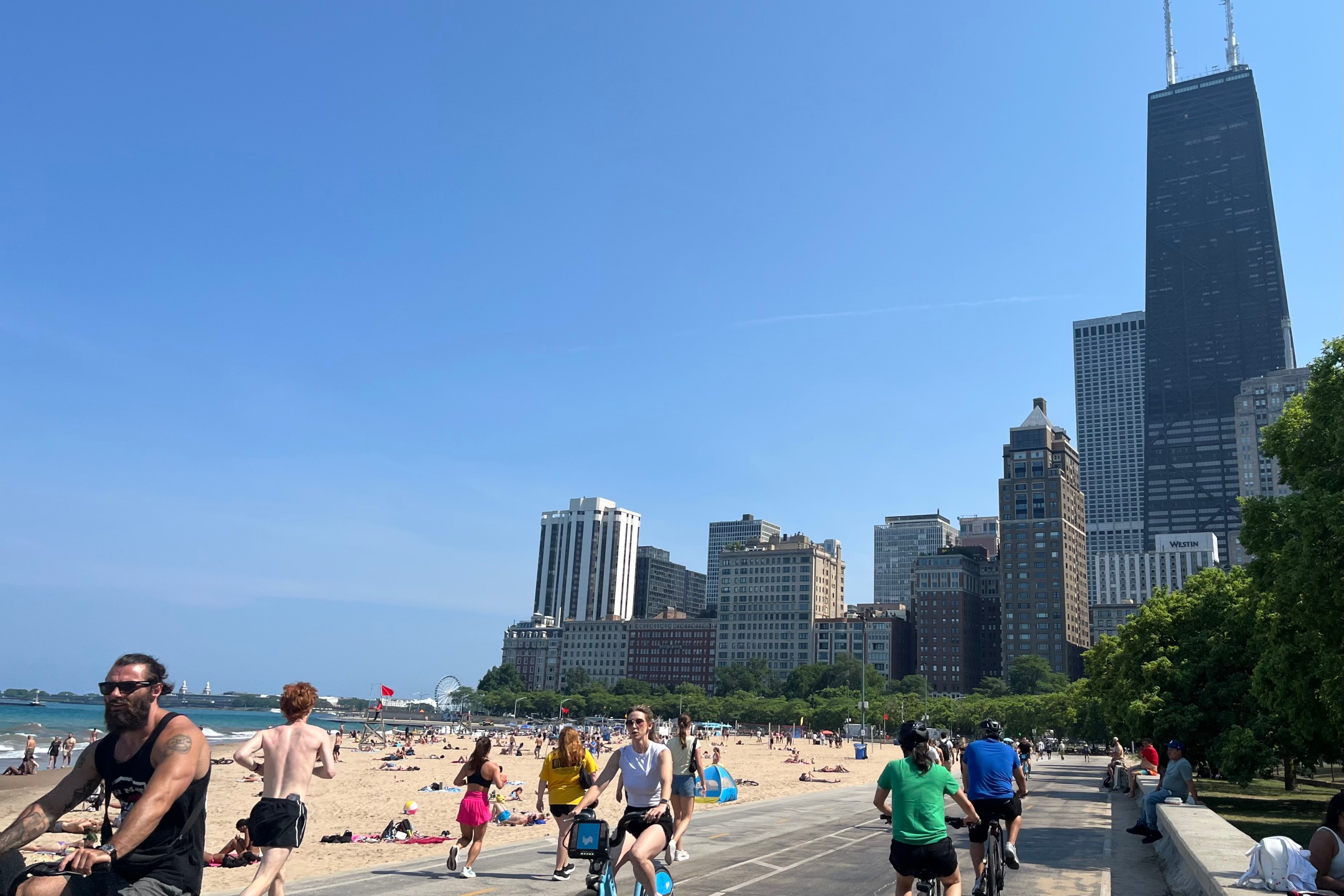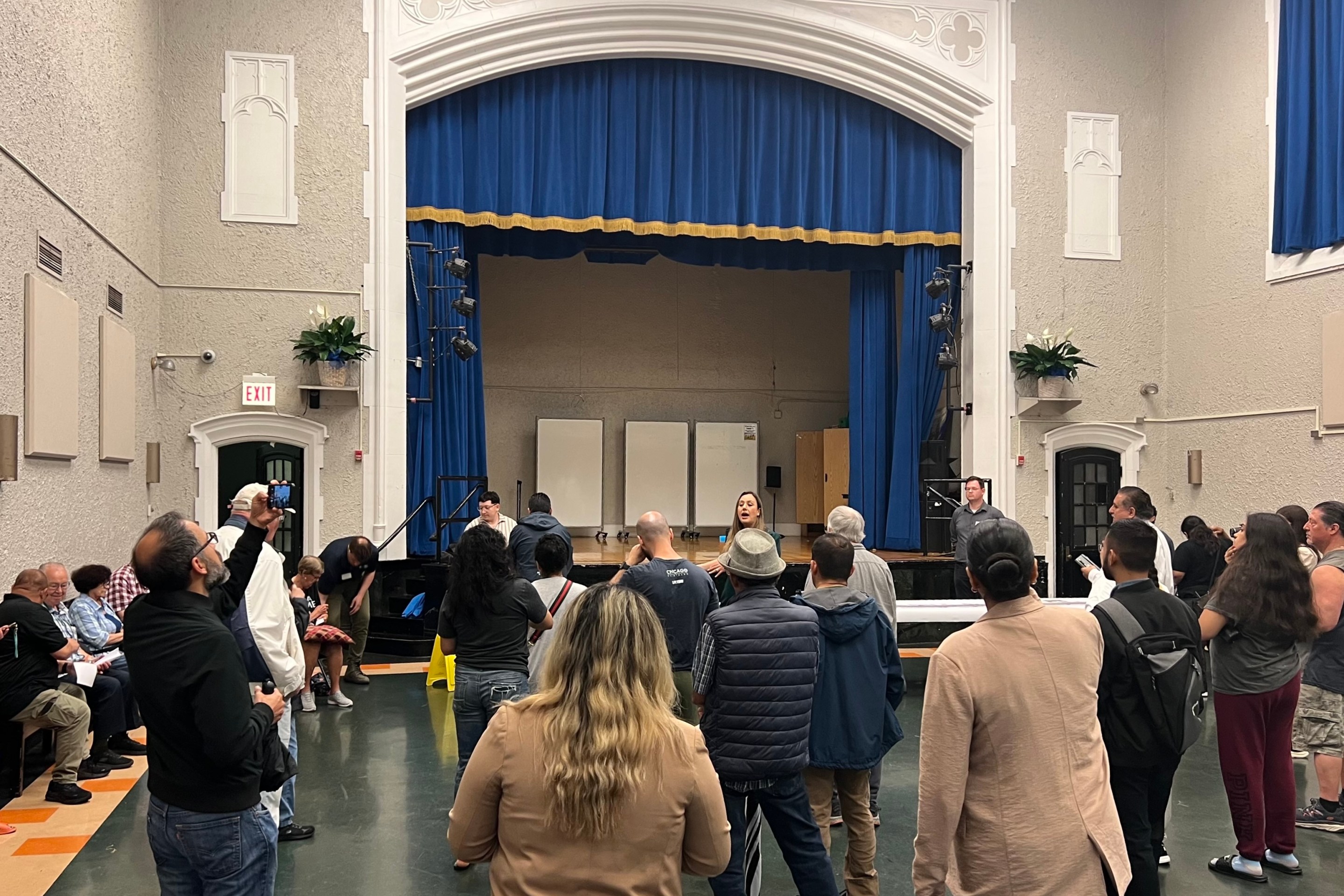During the budget season for Chicagoland transit agencies, the Regional Transportation Authority, which oversees the CTA, Metra and Pace, is starting to prepare for what will happen if the federal government fails to provide additional aid for transit during the COVID-19 crisis, and what will happen when the pandemic is over.
Under the timeline unveiled at the RTA's October 15 board meeting, the agency will spend the rest of the year doing the same thing it usually does around this time: evaluating and approving budgets for the following year. The only thing that’s different is that, in light of the unprecedented coronavirus headwinds, including plummeting ridership and revenue, the RTA will look at what the transit agencies are doing to cut costs and/or generate new revenue, as well as what they are doing to maintain service for those who need it most. The first half of 2021 will focus on contingency planning for possible service cuts, while the second half will focus on long-term planning.
RTA executive director Leanne Redden presented the plan to the board in order to get their support. None of the board directors had any issues with much of the plan, though they did had some concerns about balancing short-term and long-term needs, as well as whether concerns about equity could be addressed amidst the pandemic.
As Streetsblog Chicago has chronicled extensively in recent months, all transit agencies have been losing money due to declines in ridership, as well as motor fuel and sales tax revenues. In her presentation to the RTA board, Redden, highlighted another issue. The state of Illinois is behind on paying what it owes as it faces its own revenue crunch. “Through September, the state owes $238.1 million,” Redden said.
The RTA also had to take on debt to make sure its funding for the CTA, Metra and Pace will continue flowing, which cost it around $3.9 million.
For the time being, the money from the Coronavirus Aid, Relief, and Economic Security Act is helping, but Redden warned that, without further federal funding, the transit agencies will be $400 million short in 2021.
Meanwhile, Chicago area transit officials have been expressing concerns that, even once a vaccine or an effective treatment for COVID-19 is found, it will take time for ridership to recover, and ridership patterns may never return to pre-pandemic norms.
RTA’s COVID recovery plan has three steps. All of them would be guided by three goals: figuring out “immediate funding solutions,” doing everything possible to preserve “critical transit services,” and being transparent with the public and major stakeholders every step of the way.
“Immediate funding solutions” are basically short-term measures to reduce expenses and generate revenue. “Critical transit services,” Redden explained, are transit services for people who are especially transit-dependent, mentioning “transit riders, and [especially] bus riders, essential workers, residents with hardships across the economic region, and residents with disabilities.”
“[At the earlier RTA board meetings] you stated that, in addition to securing the needs and the financial health of the system, we need to be examining [ways] in which transit and travel patterns may look different post- COVID-10, and how can we best position our regional transit system to thrive on the long term,” she told the board.
The first step focuses on making sure that the budgets the transit agencies are proposing meet the aforementioned goals, as well as taking a larger, regional view of how any service reductions would affect the communities the agencies serve.
Once the RTA reviews and approves the transit agencies’ budgets in December, focus will shift toward planning what would happen if there is no further federal relief. Unless the funding arrives, the idea is to have something in place by May, when CARES funds are expected to run out.
Whether more federal funding arrives or not, the RTA would shift to the final step, planning the long-term strategy, by May 2021. The major part of it, Redden explained, would be updating the current five-year regional strategic plan.
It's critical for us to pay close attention to the immediate budget process and potential crisis plan in 2021, with the potential of facing [significant] service cuts by mid-2021,” she said. “We must rally as a region and make sure that operational resources are available where they're needed most, but to also have resources available to ensure what we believe is a mass transit recovery.”
In the lead-up to the meeting, 13 Chicago-area advocacy organizations, including the Active Transportation Alliance, the Metropolitan Planning Council, and Equiticity, signed a letter urging RTA to have more community involvement in any service changes, to be more transparent, to facilitate more coordination between the agencies, and “innovate and determine new ways for transit to better serve the marginalized communities that are most reliant on transit.” Director Michael Lewis, who represents suburban Cook County, said that, while he would normally support their suggestions, he wondered how feasible they would be during the pandemic.
“Under the [different] environment, it might have been appropriate, but after pandemic circumstances, we need to make different decisions,” he said.
Director J.D. Ross, who represents Will County, noted that most of the signatories to the letter were Chicago-based, and said that he wanted to make sure suburban-based community organizations would have a voice as well. RTA chairman Kirk Dillard responded that “One of the reasons RTA was created was to be the equitable balancing [body].”
Director Pat Carry, who represents Lake County, said that she wanted to see RTA try to balance the short-term and long-term needs. “We have an immediate crisis related to COVID,” she said. “However, we then, kind of, [with] a different part of the brain, we need to look at the strategic goal of reinventing transit.”
Follow Igor Studenkov on Twitter at @Istudenkov.






